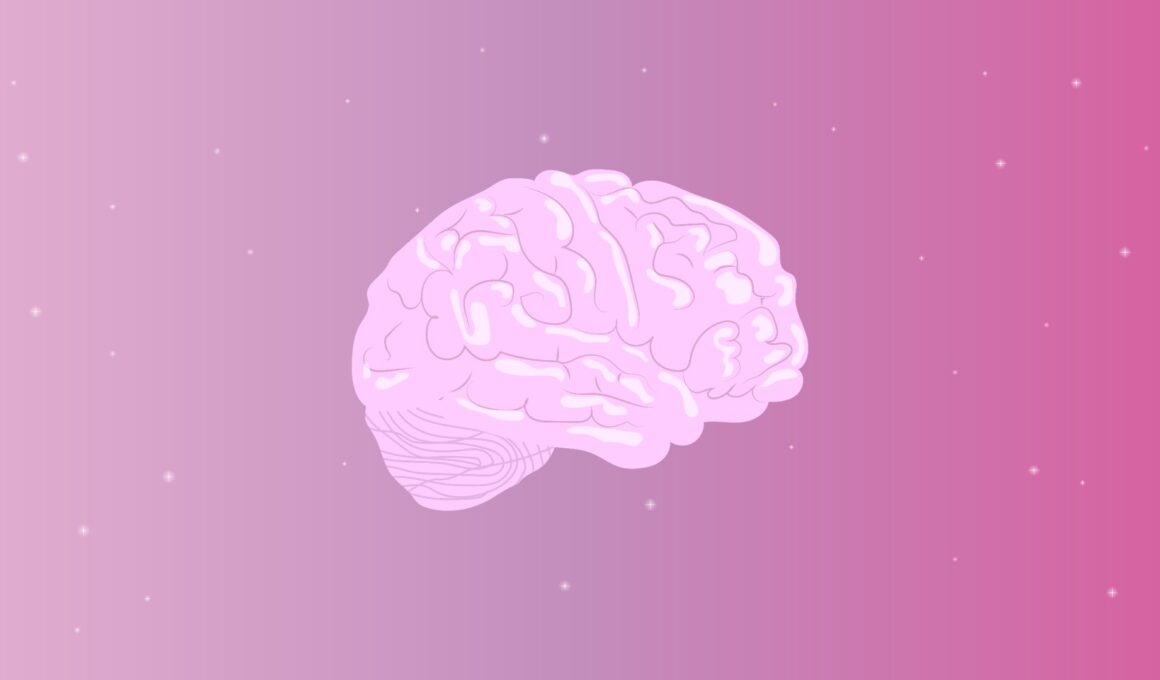Most of us tend to think of morality as being an abstract concept that can’t be pinned down, but in reality it’s actually possible to locate its precise position in the brain. To be exact, morality resides in the right hemisphere of the brain towards the surface…
How do we know this? Because it’s actually possible to ‘turn off’ someone’s morality by applying transcranial stimulation in that area of the brain to shut it off. Ask someone a question about morality normally and they will usually answer correctly, but ask them while they’re undergoing the stimulation and they will get it wrong.
What Does Morality Involve?
To be fair though, that is oversimplifying the matter somewhat. You see, while our morality can be turned on and off by manipulating this portion of the brain, that doesn’t necessarily tell us that morality resides solely in this area. More likely is that our morality is born from lots of different processes in the brain – with our theory of mind, our ability to empathise and our understanding of emotions playing key roles (which is why ‘bad guys’ often seem cold and detached). This makes sense, because most evolutionary psychologists agree that our sense of right and wrong probably exists mostly to help us get on better in groups and to oil the cogs of communal behaviour.
Thus, our interpretation of morality really tends to come down to motive and intentionality. You can’t judge someone by an action alone – it’s much more important to think about why they did what they did and what they hoped to achieve from it.
This is demonstrated in a classic study, in which observers are asked to judge who is more immoral – someone who breaks three glasses by accident, or someone who breaks two glasses on purpose. Under normal conditions we obviously answer that the second person is the immoral one because they purposefully did something that would hurt other people, whereas the first person was obviously just a bit clumsy. However, when you apply the transcranial stimulation to the key brain areas the answers change in-line with the thinking of a young child: the person who broke the most glasses is the most guilty.
Morality as a Physical Process
However these processes are distributed throughout our brains though, what these studies and theories strongly suggest is that our morality is handled by physical processes in the brain. Thus it follows that our morality requires effort and energy, and that it could be affected by how well our brains are able to perform – possibly even by intelligence.
This idea lead researchers to test whether or not morality could potentially ‘wear out’ in the same way that other physical processes do as we become tired or low on energy. They hypothesised that we would be most likely to cheat, lie and steal later in the day as we became more exhausted and to measure this they tried testing participants at various times of day and monitoring to see if they cheated. Additionally they included an ‘impossible question’ in the papers, and would ask participants how they found it.
The results were significant and clearly demonstrated that people are indeed more likely to act immorally later in the day – those who took the exam in the afternoon were more likely to cheat and more likely to claim that they answered the impossible question and found it easy.
So there you have it: if you want to get an honest answer from someone, ask them in the morning while their morality compass is still in check! And if you have a slip-up yourself? Don’t worry, you’re probably just tired…




